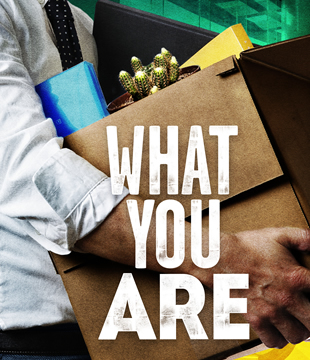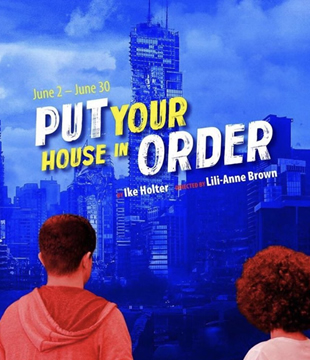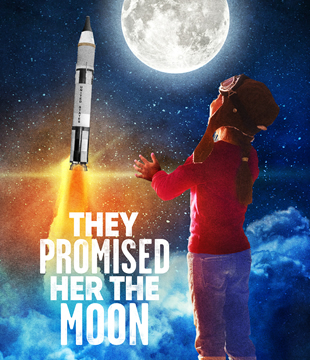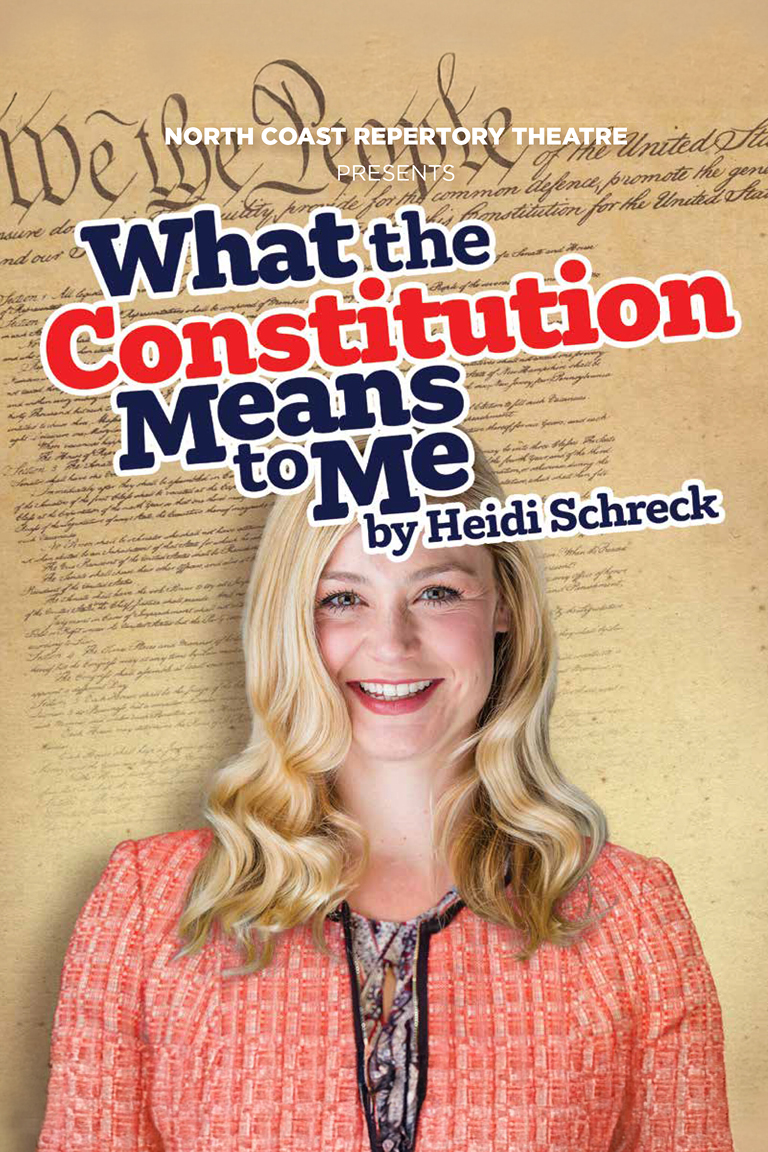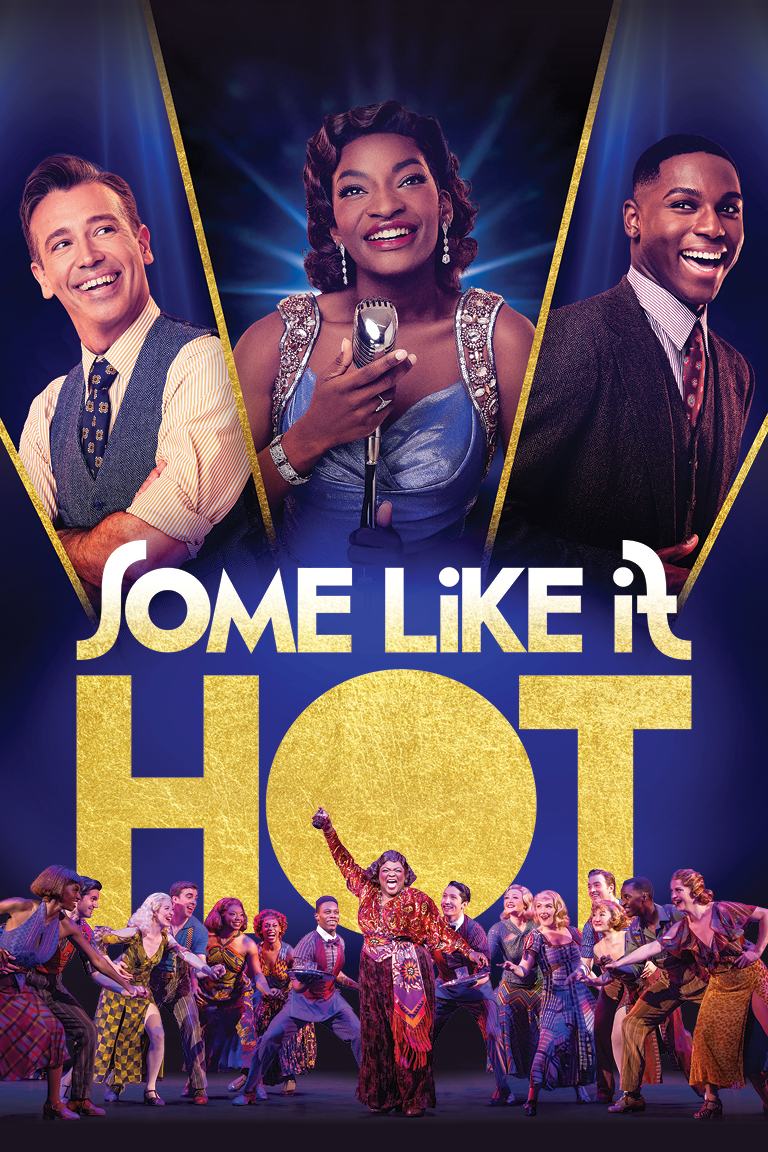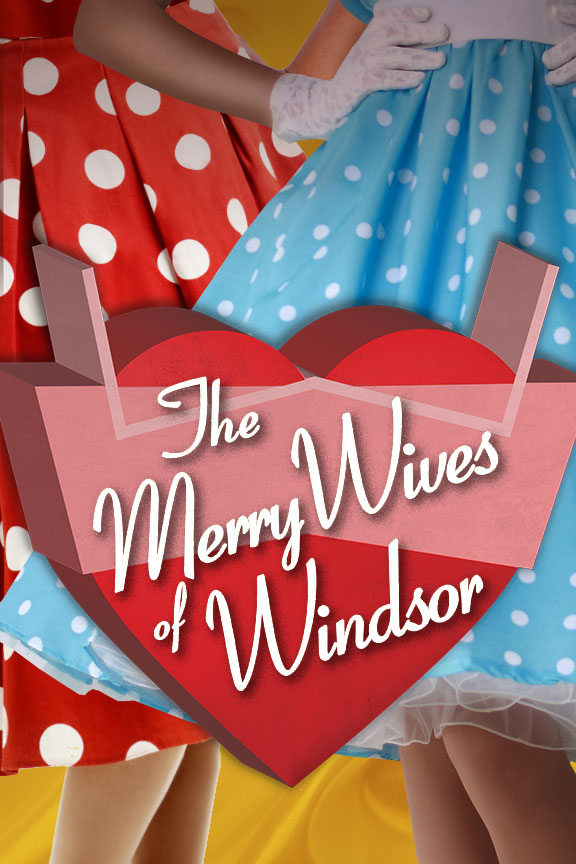I have fond memories from my childhood of spending time at my grandparent’s homes. We lived just a few blocks from both sets of grandparents, so I’d often walk to one or the other’s house to visit, watch TV, have dinner and occasionally spend the night. On many occasions I’d flop on the sofa and with “Nanu” (my dad’s dad) and watch reruns of old sit-coms. One of his favorites was All in the Family. There are two things that I remember most about watching that show with my grandfather. The first is how Archie Bunker’s character was written in such a way that you could somehow feel fond of him even as you disagreed with every word that came out of his mouth. The second is how my grandfather would freely talk to the TV while watching. Nanu was, himself, a kind of Sicilian version of Archie Bunker, and he would frequently be inspired to verbally participate in the conversations Archie was having with Edith, Gloria, Meathead, Maude, the Jeffersons or whomever else he happened to be in his living room.
I mention all this because I felt a certain closeness to my grandfather as I watched What You Are at the Old Globe. J C Lee’s play is a gripping exploration of how issues of white privilege, race and class play out in the life of one working class family struggling to make ends meet in present-day Nevada. Like Archie Bunker, the play’s main character, Don, is an older white male living in a world that has, in many ways, passed him by. And, like my grandfather watching All in the Family, the audience (myself included) felt free to talk to themselves throughout the play. Both the characters and plot were so emotionally engaging that we found ourselves muttering to ourselves in either agreement or frustration as the story unfolded in front of us.
It would have been easy, given the subject matter, to create a story with a clear “hero” that the audience could root for. But the power of Lee’s creation is in the fact that the characters are so fully developed that my sympathies shifted from moment to moment – and when I say “shifted” I mean really shifted.
As the play opened, I felt instantly tender toward both Don and his much younger and more forward-thinking boss, Hector as I watched Hector show Don how to navigate a new app on his phone. Just moments later, I tensed in my seat at what I perceived was a needless overreaction on Hector’s part (I also muttered, “What a jerk,” to no one in particular). Another few moments passed and I felt myself rooting for Hector as Don escalated the confrontation even further. And on it went for the entire evening. At some point I alternately agreed with or was infuriated by each of the 5 characters. It was the best kind of emotional roller coaster and I loved the ride.
If it had stopped there, I would have enjoyed it, but What You Are is so much more than just emotional drama. As I agreed or disagreed with each character, I sometimes found myself surprised or even slightly guilty for doing so. I’d think, “Yeah! He’s got a point”, and then think, “Wow! That’s totally not what you believe. Do you really agree with that?” The show pushed emotional buttons that needed pushing precisely because it forced me to examine my response to their having been pushed. For that reason alone, I’d highly recommend seeing What You Are. It does what the very best of theater is supposed to do – it gives us the opportunity to explore ourselves. And seeing What You Are will definitely leave you examining what you are.
